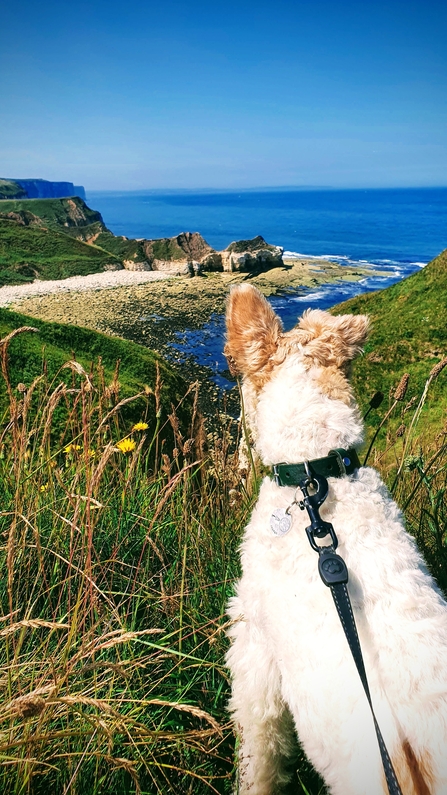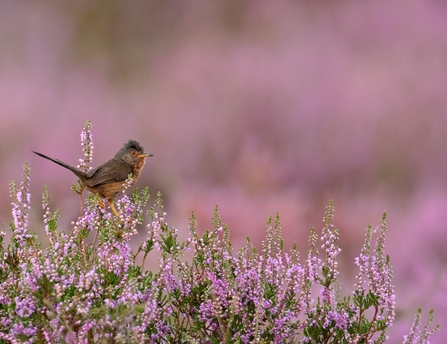Devon Wildlife Trust is asking dog owners to keep their pets on leads when visiting its nature reserves this spring.
The charity’s request is designed to protect struggling ground-nesting birds such as skylarks, lapwings, meadow pipits and nightjars, as well as other birds such as robins and dunnocks which nest close to the ground. Unsupervised dogs can unintentionally cause harm, so it is vital that they are kept under control.
Springtime brings with it the arrival of many exciting migratory species, which have travelled thousands of miles to nest at nature reserves throughout the UK. Many of these birds nest on or close to the ground, where they're particularly vulnerable. Disturbance from dogs can lead to them abandoning their nests and losing their eggs or chicks. Some bird species are already struggling and disturbance by dogs can make it even harder for them to survive.


